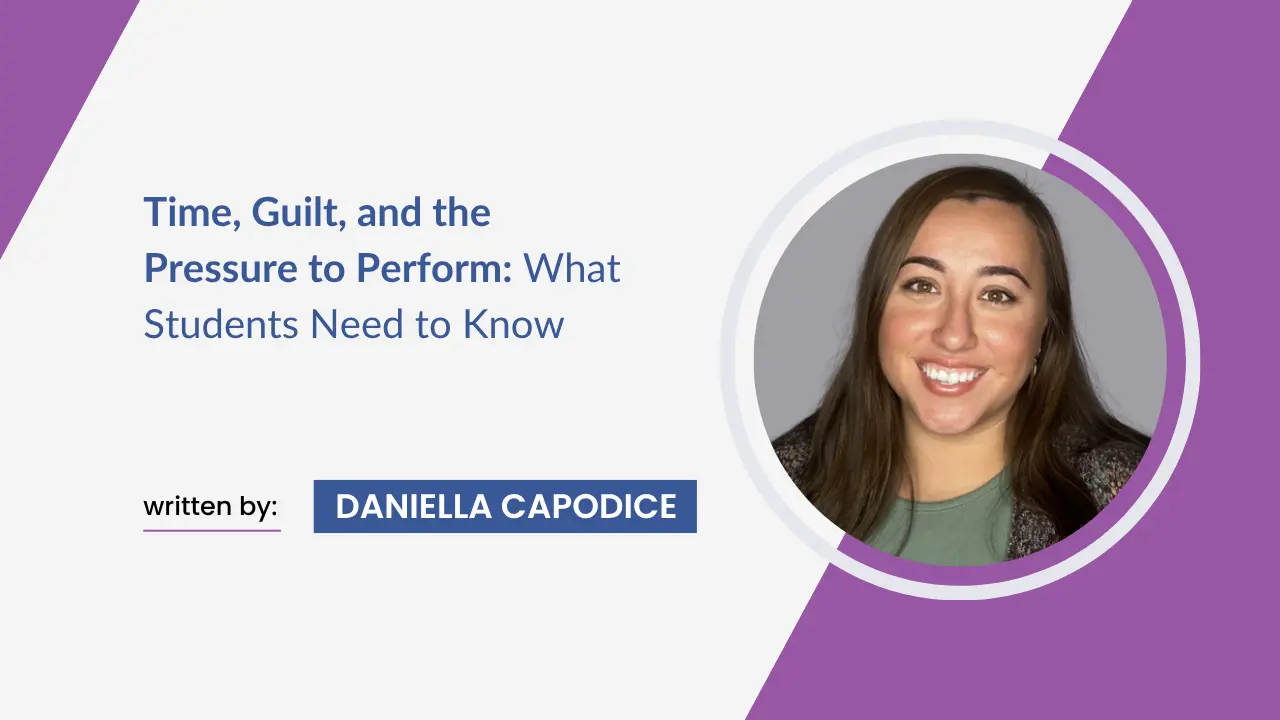SamaraCare Blog
Your Resource for Mental Wellness and Care

A New Year with Temperance & Mental Health
Temperance is the practice of self-regulation and moderation: ordering desires, emotions, and behaviors in ways that support balance, sustainability, and…
SamaraCare Blog Categories
How to Choose the Right Counselor in Naperville, Wheaton, or Lisle
Find the right counselor in Naperville, Wheaton, or Lisle, IL. Get mental health services & therapy. Browse options for counseling today at SamaraCare.
Psychiatric Evaluation Naperville: Mental Health at SamaraCare
Residents of Lisle & Naperville in need of a Psychiatric Evaluation. Wondering if you need to see a psychiatrist? Learn the signs and get info at SamaraCare.
Top 10 Couples Counseling Questions Every Partner Should Ask Before Starting Therapy
Explore the top 10 couple therapy questions every partner should ask! Spark meaningful conversation and improve communication in counseling.
How to Choose Autism Services in Naperville or Lisle, IL and Why SamaraCare Is Your Best Choice
Find the right counselor for autism services in Naperville or Lisle, IL. Explore ABA therapy at SamaraCare treating Autism Spectrum Disorder (ASD).
The Power of Listening and Silence
In a world filled with noise and constant stimulation, both listening and silence are increasingly rare—but deeply powerful. These practices, rooted in…
Time, Guilt, and the Pressure to Perform: What Students Need to Know
By Daniella Capodice, LCPC Class from morning till afternoon, then extracurriculars, then homework, then house-hold duties, then trying to maintain…
Mindful News Consumption: Caring for Your Mental Health in an Information-Heavy World
By Amber Graham, pre-licensed counselor It’s 6:00 a.m. and your alarm goes off. Before you’ve even stretched or poured your first cup of coffee, your hand…
Open Doors, Open Hearts – How Hospitality Heals
In our busy, digital-first lives, it’s easy to overlook the quiet power of human connection. But here’s something worth remembering: every time you welcome…
How Being a Peacemaker Can Boost Your Mental Health
In today’s fast-paced, often polarized world, choosing to be a peacemaker might seem like a heavy burden. But from a mental health perspective, it can be a…
A New Year with Temperance & Mental Health
Temperance is the practice of self-regulation and moderation: ordering desires, emotions, and behaviors in ways that support balance, sustainability, and…
How to Choose the Right Counselor in Naperville, Wheaton, or Lisle
Find the right counselor in Naperville, Wheaton, or Lisle, IL. Get mental health services & therapy. Browse options for counseling today at SamaraCare.
Psychiatric Evaluation Naperville: Mental Health at SamaraCare
Residents of Lisle & Naperville in need of a Psychiatric Evaluation. Wondering if you need to see a psychiatrist? Learn the signs and get info at SamaraCare.
Top 10 Couples Counseling Questions Every Partner Should Ask Before Starting Therapy
Explore the top 10 couple therapy questions every partner should ask! Spark meaningful conversation and improve communication in counseling.
How to Choose Autism Services in Naperville or Lisle, IL and Why SamaraCare Is Your Best Choice
Find the right counselor for autism services in Naperville or Lisle, IL. Explore ABA therapy at SamaraCare treating Autism Spectrum Disorder (ASD).
The Power of Listening and Silence
In a world filled with noise and constant stimulation, both listening and silence are increasingly rare—but deeply powerful. These practices, rooted in…
Time, Guilt, and the Pressure to Perform: What Students Need to Know
By Daniella Capodice, LCPC Class from morning till afternoon, then extracurriculars, then homework, then house-hold duties, then trying to maintain…
Mindful News Consumption: Caring for Your Mental Health in an Information-Heavy World
By Amber Graham, pre-licensed counselor It’s 6:00 a.m. and your alarm goes off. Before you’ve even stretched or poured your first cup of coffee, your hand…
Open Doors, Open Hearts – How Hospitality Heals
In our busy, digital-first lives, it’s easy to overlook the quiet power of human connection. But here’s something worth remembering: every time you welcome…









